Recycled Roads: The Value of Asphalt Millings in Modern Paving
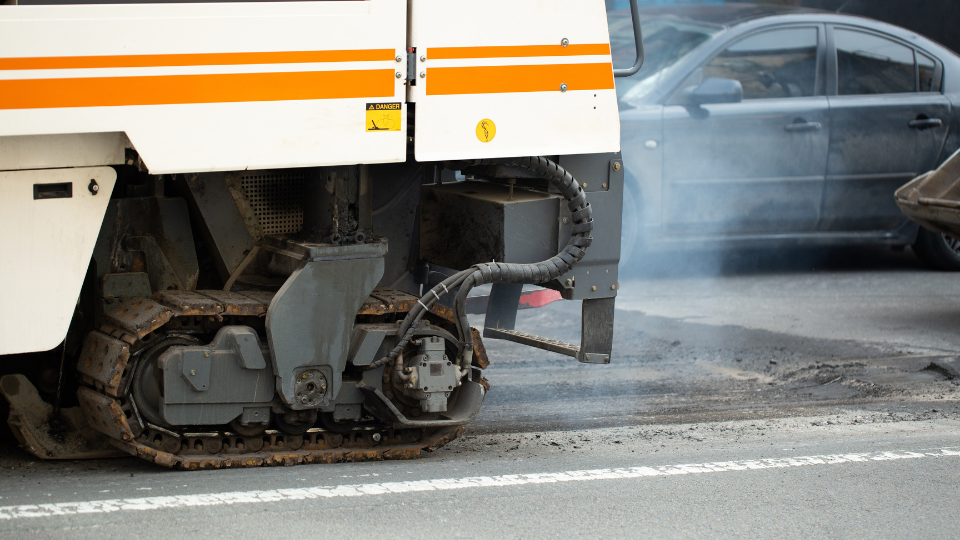
key takeaways
- Asphalt millings are created by grinding up old and used asphalt, making them a recycled, eco-friendly material for new paving projects.
- The process of creating these millings involves removing the top layer of existing pavement using specialized machinery. This is a cost-effective method that also reduces waste in landfills.
- Proper installation of asphalt millings requires site preparation, even spreading, and adequate compaction for durability.
- Asphalt Solutions uses asphalt millings for a variety of projects, including roadways, driveways, parking lots, and pothole patching, with a focus on high-quality workmanship within budget.
- Asphalt millings provide long-term durability and can help property managers lower maintenance costs while contributing to environmental sustainability.
Understanding Asphalt Millings
Asphalt millings are a recycled product made by grinding up old asphalt. When old pavements are no longer functional, this material is reused in new paving projects. Asphalt milling is a crucial part of sustainable construction as it helps minimize waste and repurpose existing materials.
what is asphalt milling?
Asphalt milling is a process where the top layer of an asphalt pavement is removed using specialized equipment. This method recycles old materials, making them suitable for future construction projects. Not only does this reduce the amount of waste in landfills, but it also reduces the need for new raw materials, contributing to eco-friendly road construction.
Asphalt Solutions, a leader in commercial paving, emphasizes the value of asphalt milling by educating clients on the benefits of using recycled materials in road construction and maintenance.
how is reclaimed asphalt pavement milled?
The milling process begins with specialized machinery that removes the top layer of existing asphalt pavement. This machinery grinds the asphalt into small fragments, creating the millings that will be reused for new paving projects.
Once the milling process is complete, the reclaimed asphalt is transported to a recycling center. Here, it is mixed with new materials to create a durable and strong surface for future projects. This process supports the conservation of resources and helps reduce the amount of waste sent to landfills, making asphalt millings an environmentally responsible option.
the process of asphalt milling
To ensure a successful asphalt milling project, several important steps must be followed.
preparing the area
Before applying asphalt millings, the site must be cleared of any existing pavement, debris, or vegetation. This helps provide a solid foundation for the new surface. The site should be leveled and graded properly to ensure effective drainage and prevent water buildup.
Sometimes, a layer of binding material is applied to help the millings adhere better once spread and compacted. This step is essential for ensuring a smooth, durable surface that can withstand heavy traffic and weather conditions.
spreading and compacting millings
Once the site is prepared, the asphalt millings are spread evenly across the area using specialized equipment. The thickness of the millings depends on the type of project, whether it’s a driveway, parking lot, or roadway. The millings are then compacted with heavy rollers to ensure a solid, stable surface that can withstand traffic and the elements.
For optimal durability, it’s important to achieve the right compaction. Properly compacted millings prevent future issues like potholes and cracks and ensure the longevity of the pavement. Commercial property managers can rely on well-compacted asphalt millings to reduce future maintenance costs.
recommended thickness for durability
To ensure a lasting surface, the minimum recommended thickness for asphalt millings is around 2 inches. For high-traffic areas, such as commercial parking lots, a thickness of 3 to 4 inches is ideal for added durability. The correct thickness ensures that the surface remains stable under traffic pressure and resists the effects of weather.
applications of asphalt millings
Asphalt millings can be used for a wide range of paving needs, making them a versatile option for commercial property managers. Here are a few common applications:
roadway paving
Asphalt Solutions specializes in using asphalt millings to pave roadways. By recycling old asphalt, the company provides high-quality and cost-effective paving solutions for commercial properties. Their experienced team handles projects of all sizes, ensuring durable roads that meet both functional and budgetary requirements.
driveways and parking lots
Asphalt millings are also used for creating smooth and durable driveways and parking lots. These millings offer a sustainable solution for property managers looking to maintain their parking spaces without the high costs of traditional paving materials. Asphalt Solutions ensures these projects are completed with the highest standards of workmanship.
pothole patching
Asphalt millings are an ideal material for patching potholes. The process is quick, cost-effective, and less disruptive than traditional methods. When using asphalt millings, crews can efficiently fill potholes, compact the material, and restore smooth, safe surfaces. This is especially beneficial for commercial properties that require frequent repairs.
benefits of using asphalt millings
Choosing asphalt millings for your paving projects comes with several key benefits:
cost-effectiveness
One of the primary advantages of asphalt millings is their cost savings. Because the material is recycled, it is significantly less expensive than new asphalt. The process of milling and reusing existing asphalt also reduces labor costs, as the material can be applied quickly and efficiently. For commercial properties, this can result in substantial long-term savings on paving projects.
environmental sustainability
Using asphalt millings is an environmentally friendly choice. By recycling existing pavement, asphalt milling helps reduce the need for new raw materials, conserving natural resources. This process also lowers carbon emissions compared to manufacturing new asphalt. Property managers who choose asphalt millings contribute to sustainability efforts by reducing waste and supporting eco-friendly construction practices.
longevity and durability
Asphalt millings are durable and can withstand heavy traffic and harsh weather conditions. Properly compacted millings create a stable, long-lasting surface that resists erosion and cracking. This means fewer repairs and maintenance costs in the future. Asphalt millings are particularly effective for high-traffic areas like parking lots and roadways, where durability is crucial.
Contact asphalt solutions today!
Asphalt millings provide a smart, cost-effective, and sustainable solution for a wide range of paving needs. They offer significant cost savings, promote environmental sustainability, and provide durable surfaces that can withstand heavy use. Whether you need to pave a roadway, parking lot, or driveway, asphalt millings are a reliable choice that will help you meet both your functional and budgetary goals.
Asphalt Solutions has been a leader in commercial paving since 2001, offering expert asphalt milling services for properties across Central Indiana. Their commitment to high-quality work and customer satisfaction makes them the ideal partner for your next paving project.
For reliable, high-quality asphalt milling services and all your commercial paving needs, contact Asphalt Solutions today. Our team is dedicated to providing sustainable, durable paving solutions that meet your budget and long-term requirements. Reach out to us for asphalt millings and other commercial paving services in the Indianapolis area.
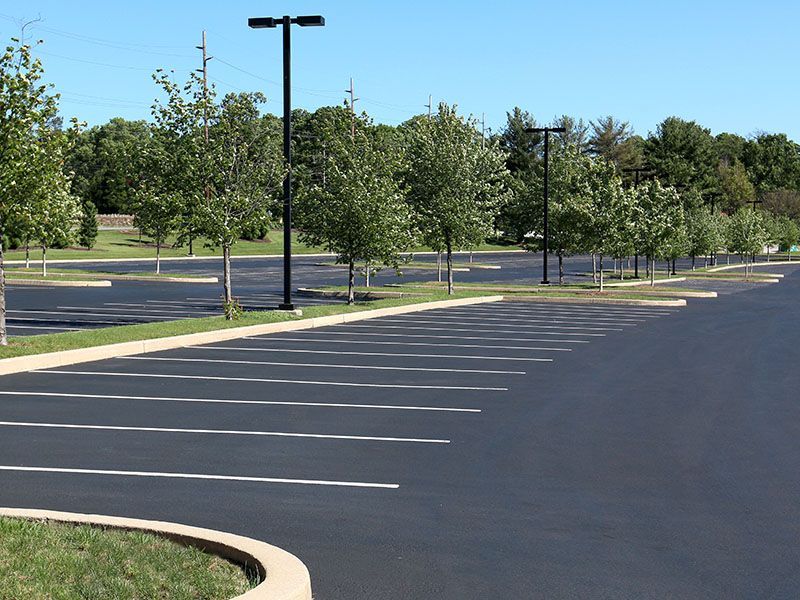
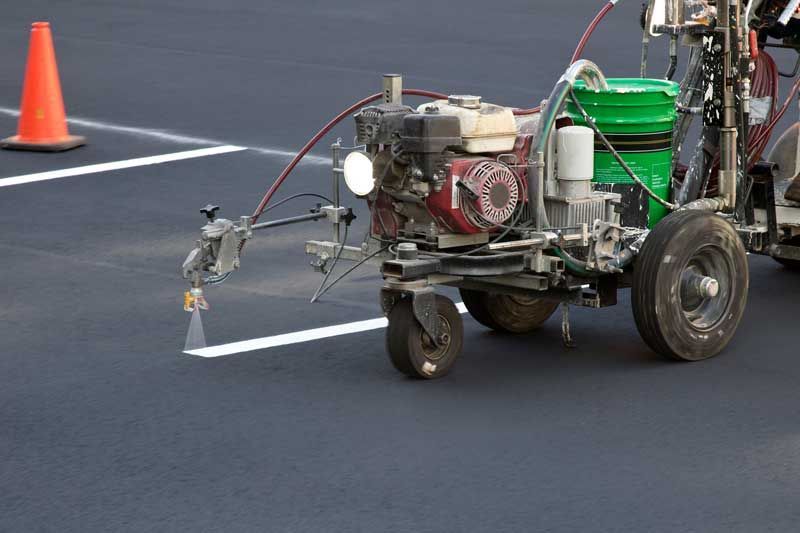
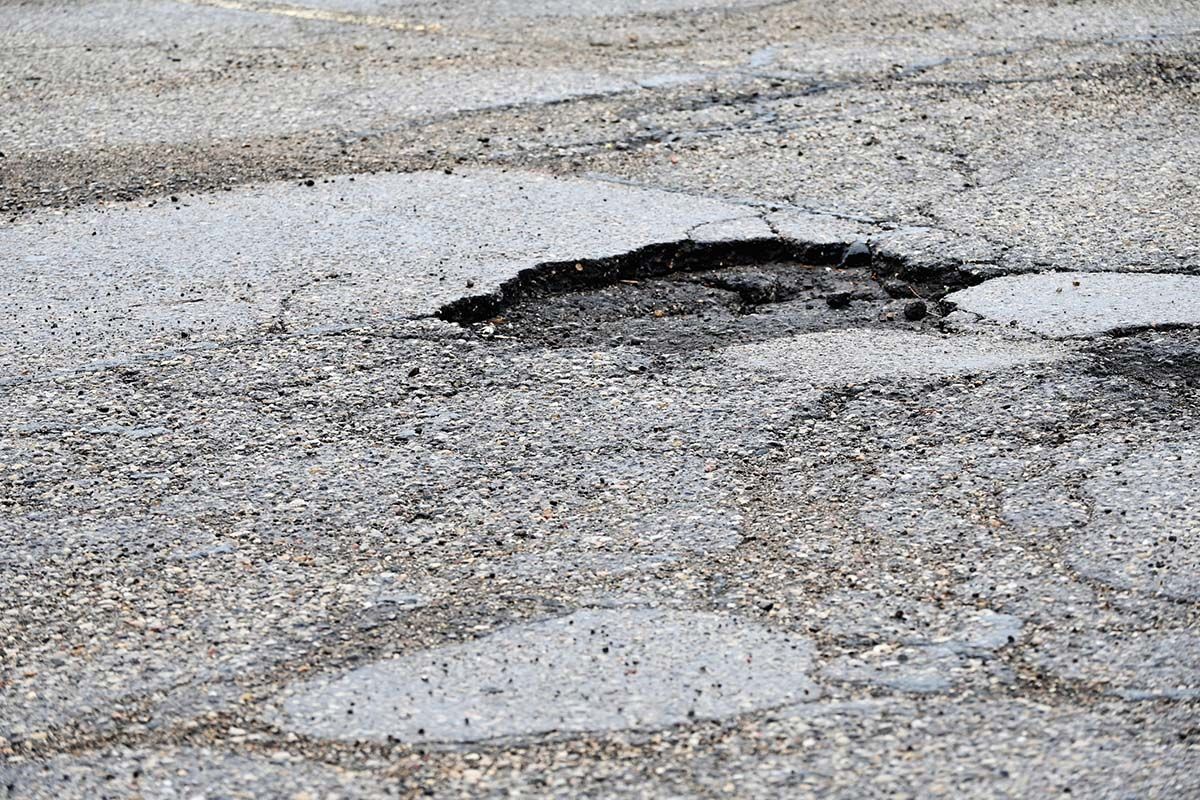
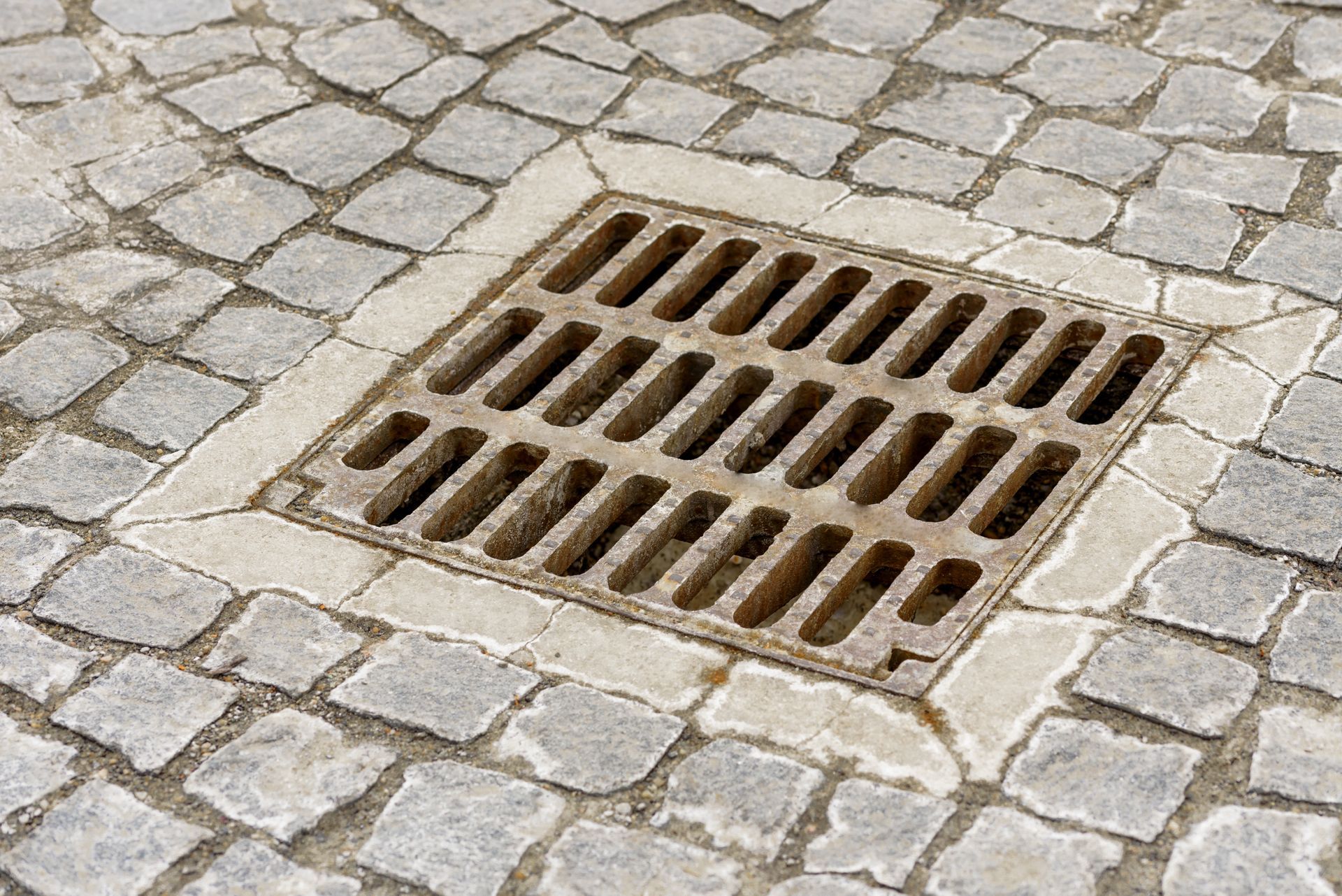
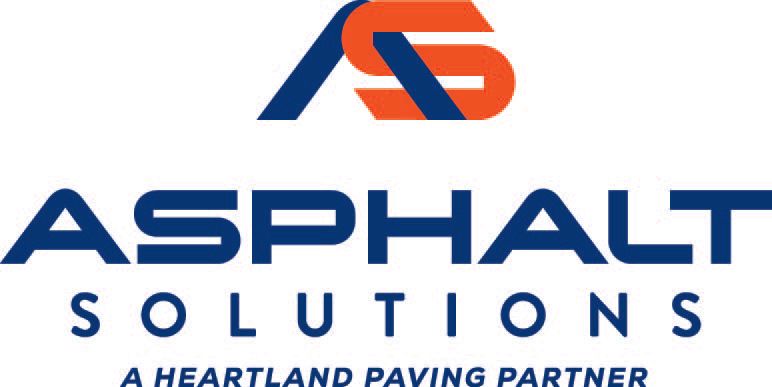
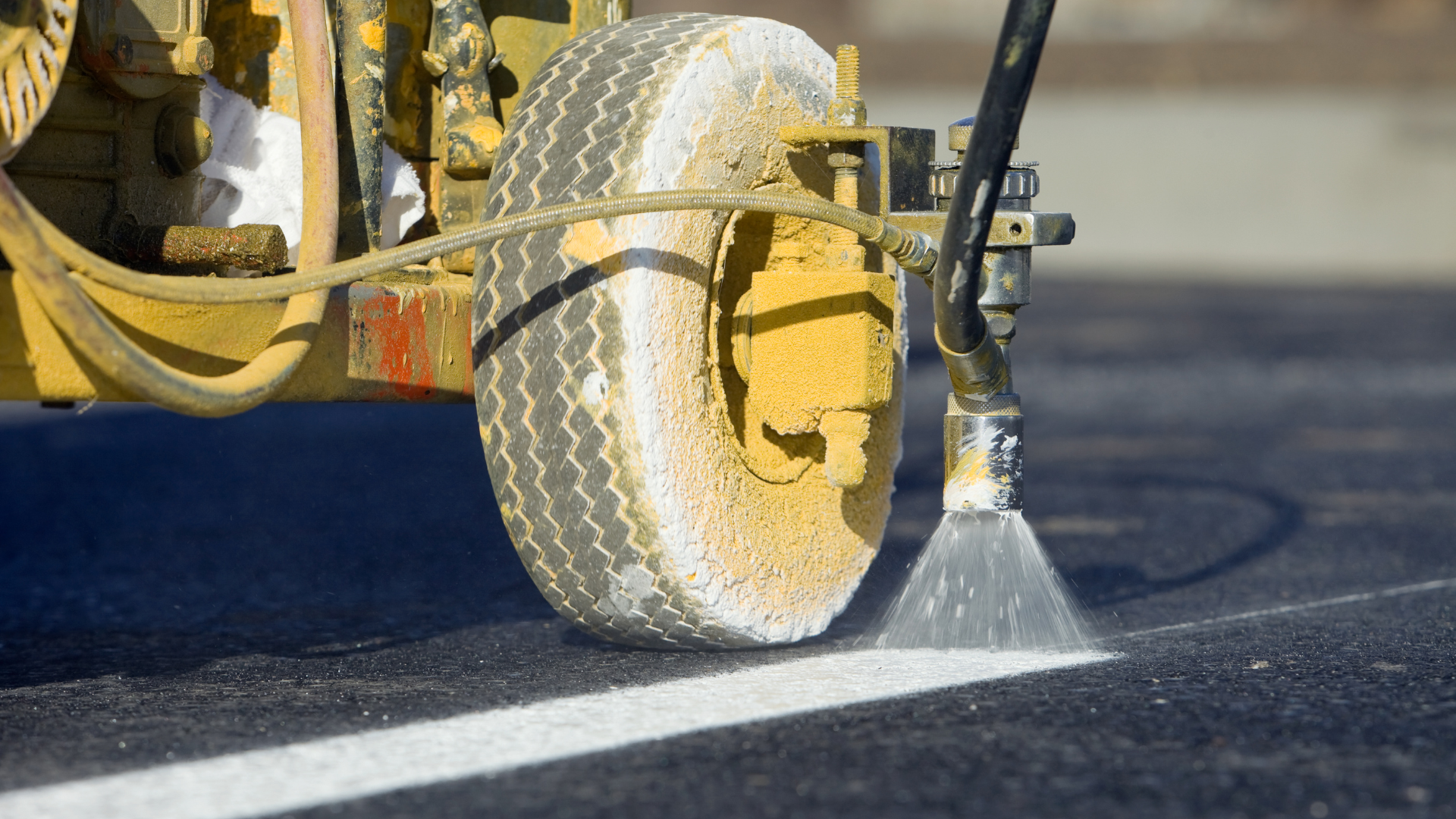
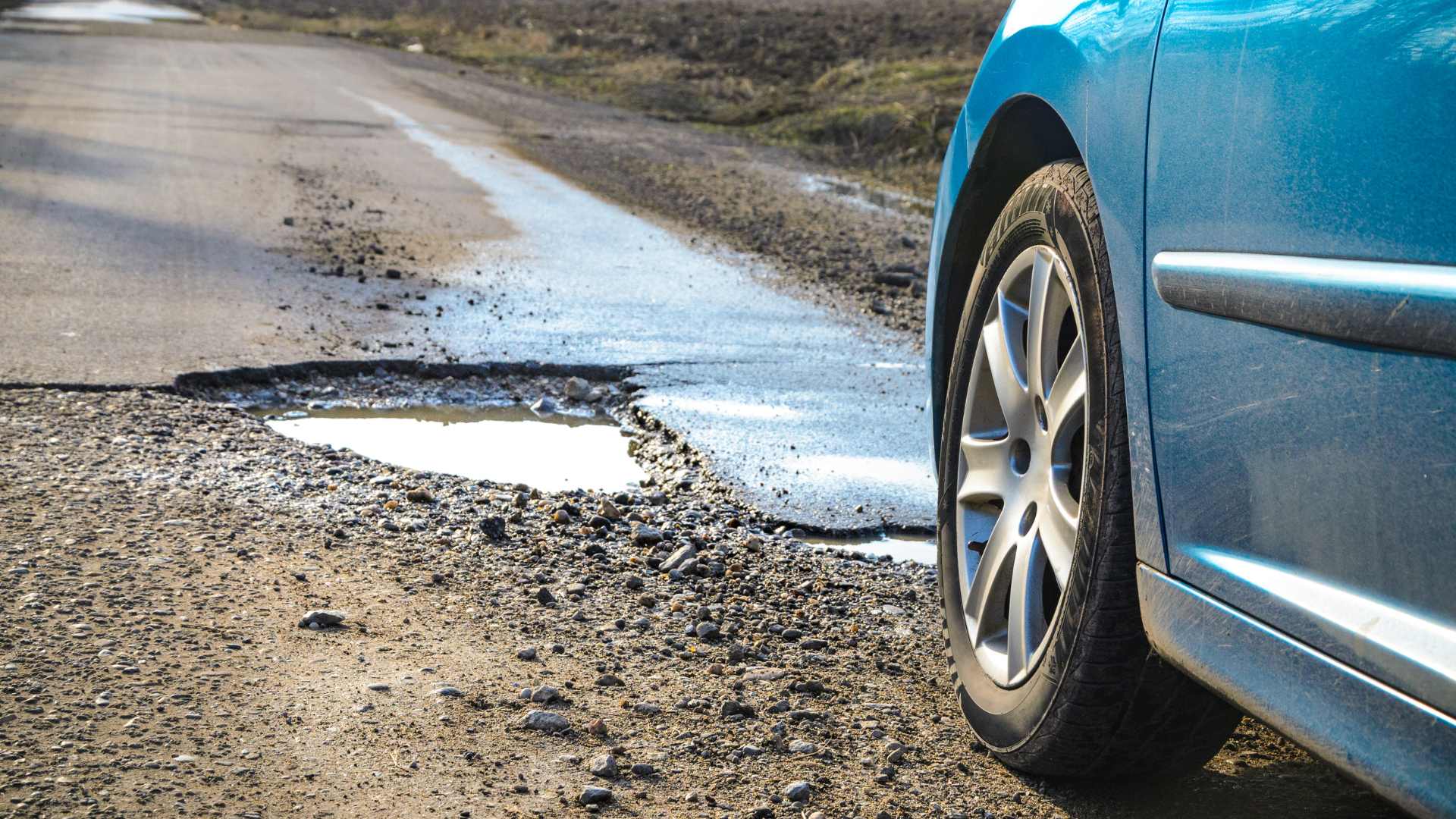

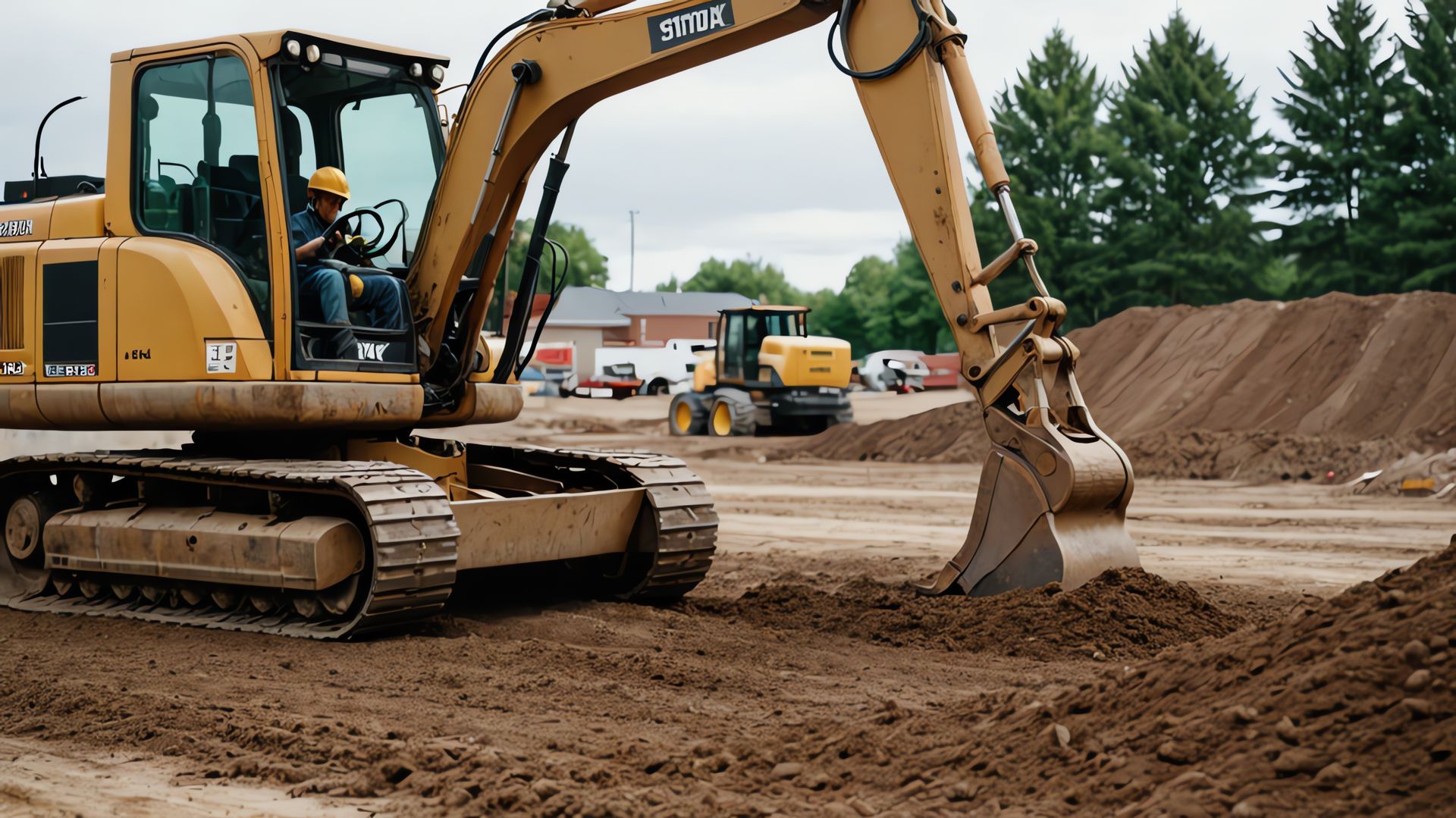
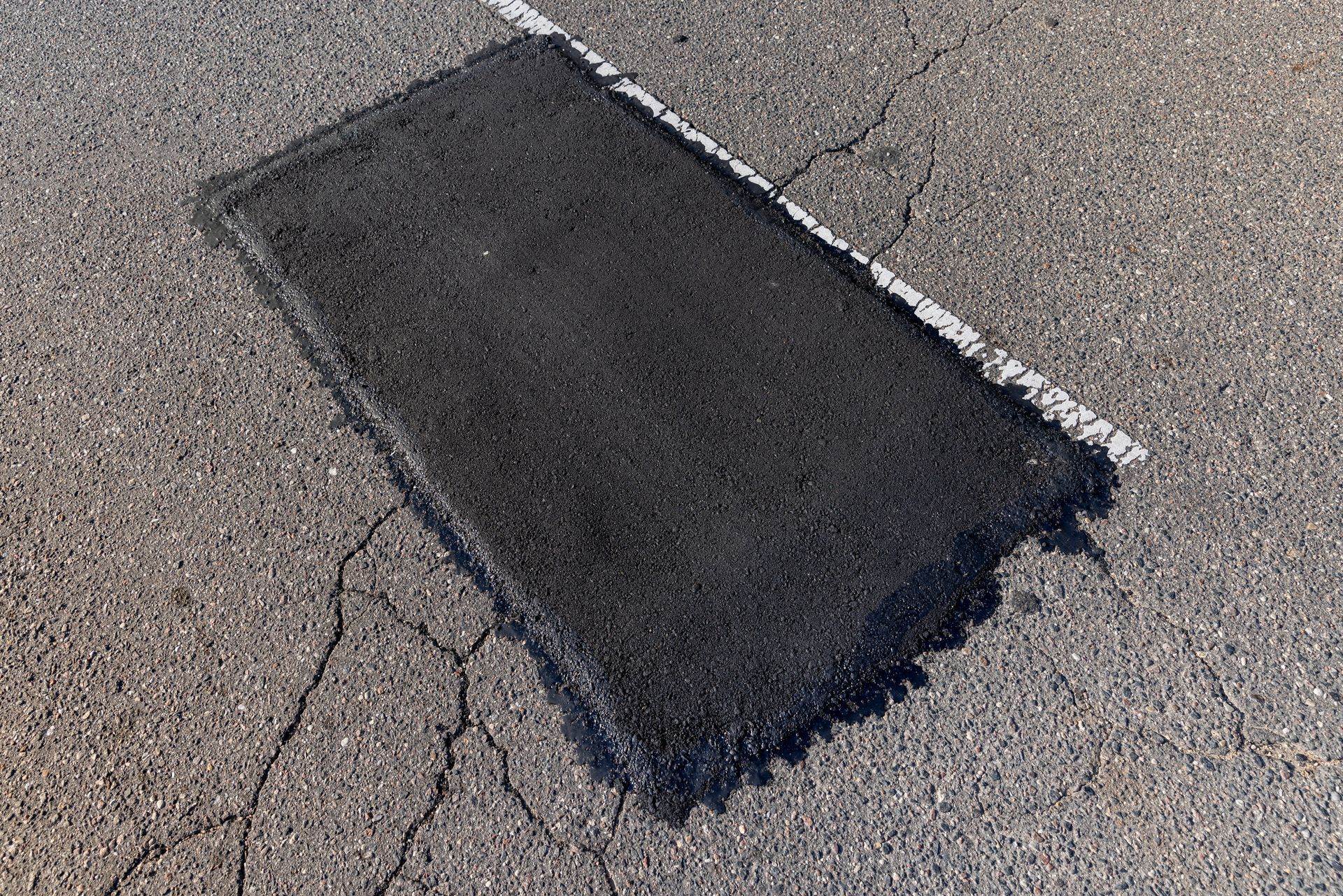
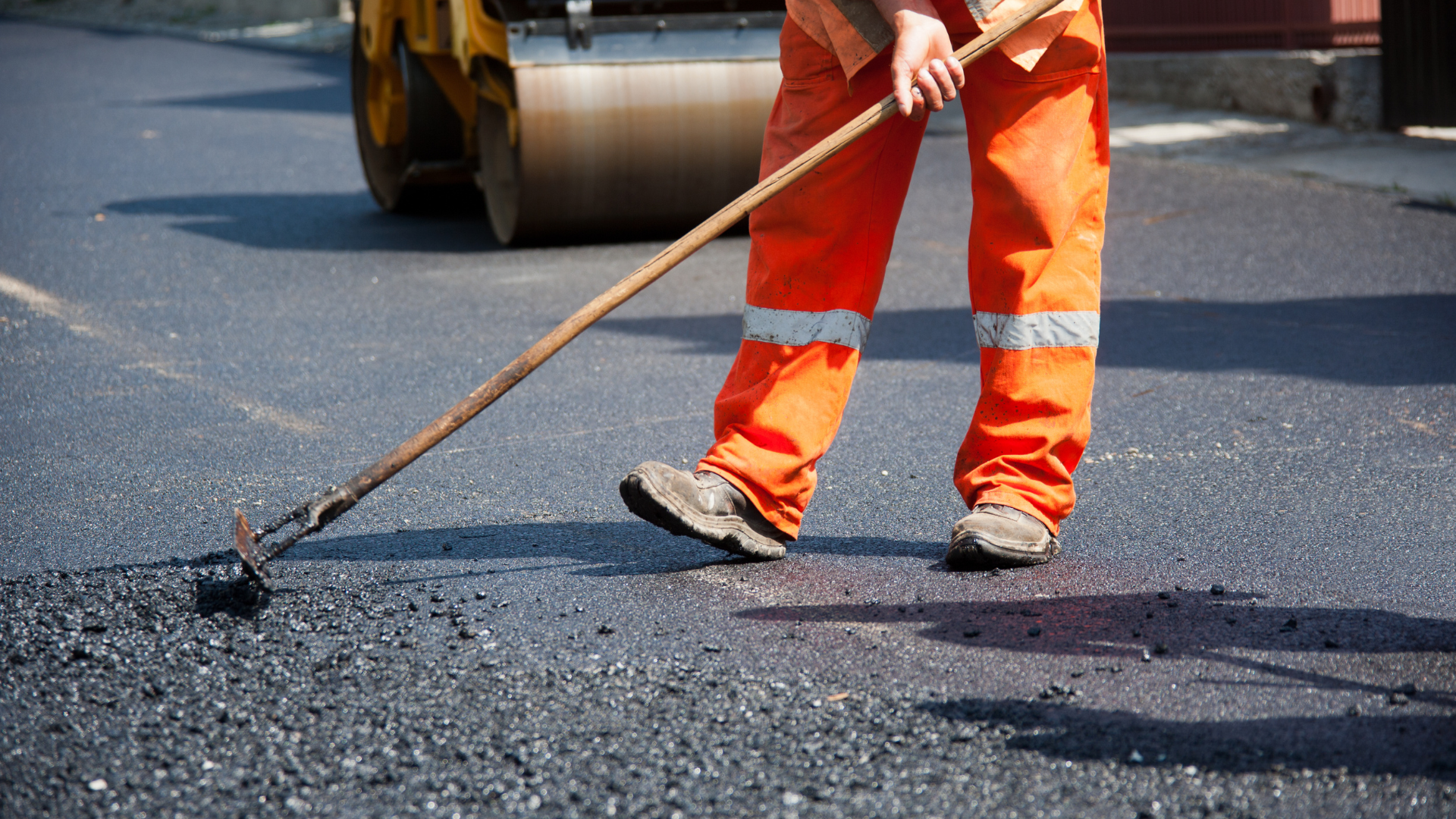
Share On: